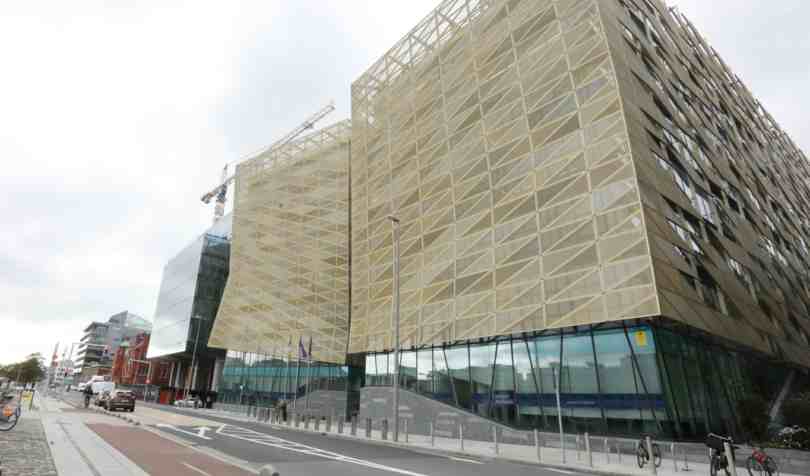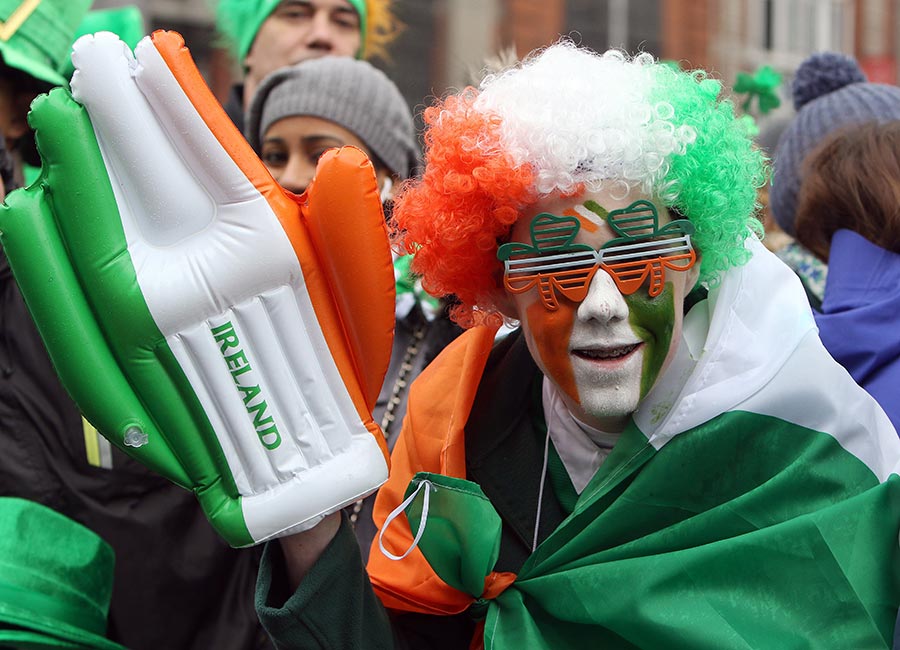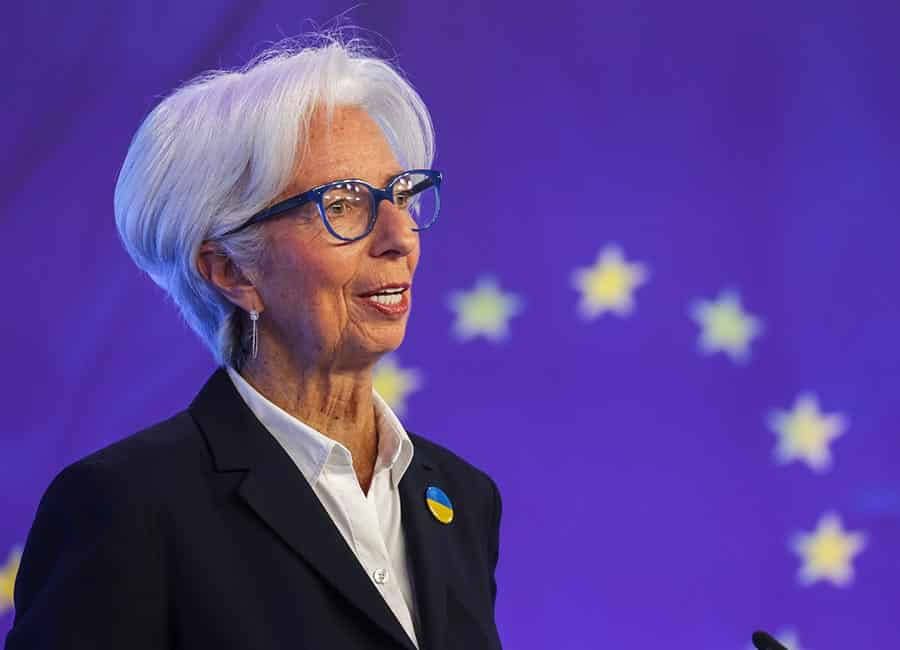Consumer spending returned at the end of 2021 as COVID-19 restrictions eased across the country and people were about to return to a more normal life.
Household savings declined by €300m to €7.4bn in the three months to the end of September but remain elevated compared to pre-pandemic levels, according to the Central Bank's quarterly financial accounts for the third quarter of 2021.
The regulator said increased consumer spending and rising prices following the easing of restrictions last summer were responsible for gross household savings falling for the second consecutive quarter.
Increasing deposits and housing wealth led to household net worth reaching a high of €944m, while household debt as a proportion of disposable income hit declined to an all-time low, falling below 100%.
Household net worth per capita was measured at €188,457, driven by growth in financial assets (+€6bn), thanks to the rising value of insurance and pension schemes and deposits, and housing assets (+€10m), although the Central Bank said the benefits were not felt across society.
Household debt stood at €128bn or €25,568 per capita, representing a decrease of 37% from its peak in 2008, while private sector debt as a proportion of GDP declined by 6.8 percentage points to 197% or €808bn, although the total is driven up by the presence of multinationals in Ireland.

Government debt increased by some €400m to €260bn, with long-term debt securities up €1bn and short-term debt securities down €0.7bn. Government financial assets increased by €1.8bn to stand at €111bn, due primarily to growing deposit assets of €1.4bn.
Government net financial worth improved slightly, by €800m, and quarterly government debt, which is based on the excessive deficit procedure (EDP) measure of debt, increased by €1.8bn to stand at a series high of €236bn.
The domestic economy was a net lender for the third consecutive quarter in Q3, with net lending rising €1.6bn to €14.1bn, driven by lending of €4.1bn by non-financial corporations while financial services companies net borrowed €2.4bn.
The government sector continued to be a net borrower, decreasing by €600m to stand at €2.4bn. Households’ net lending position remained unchanged at €4.9bn, and Irish households have been net lenders since 2009.











